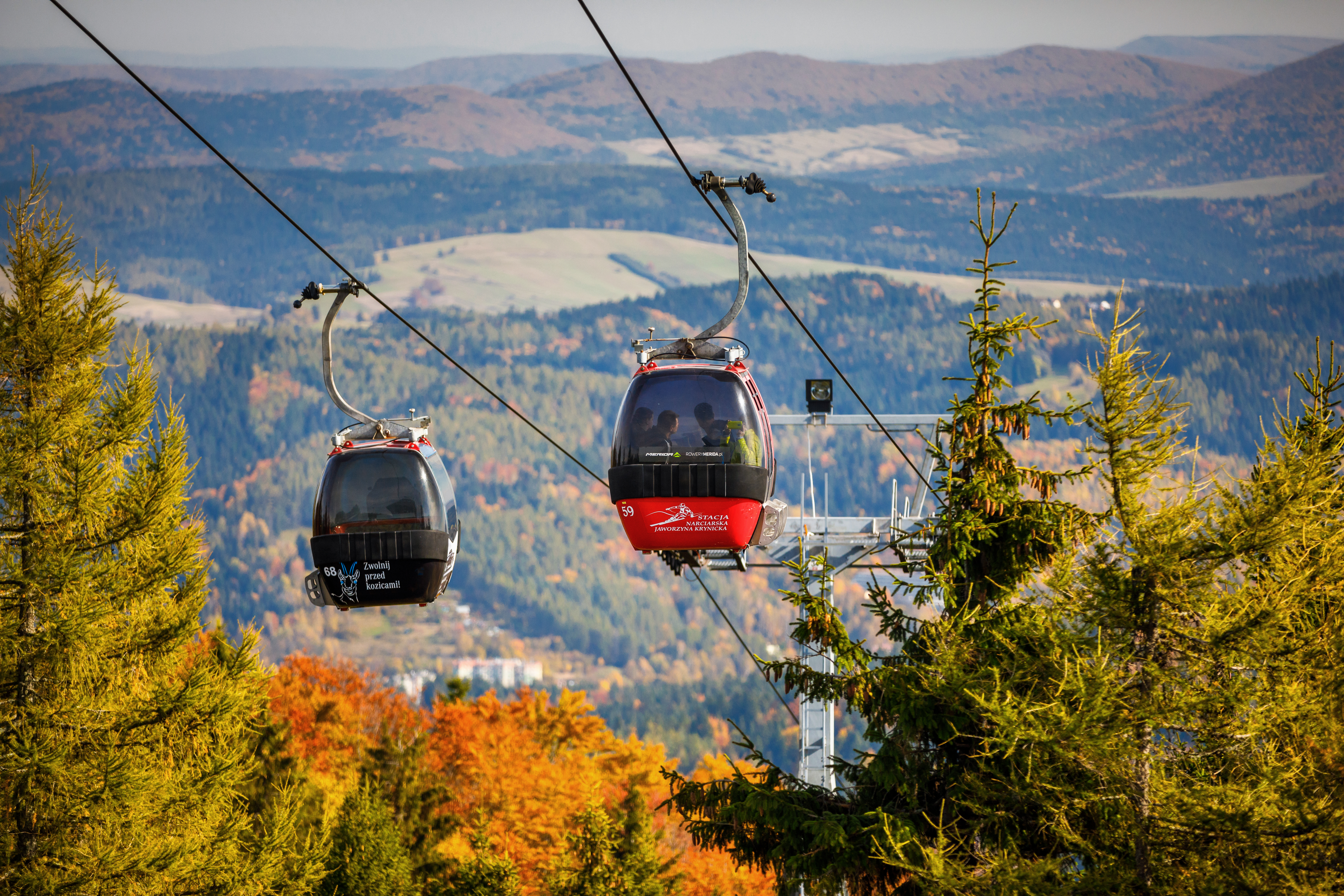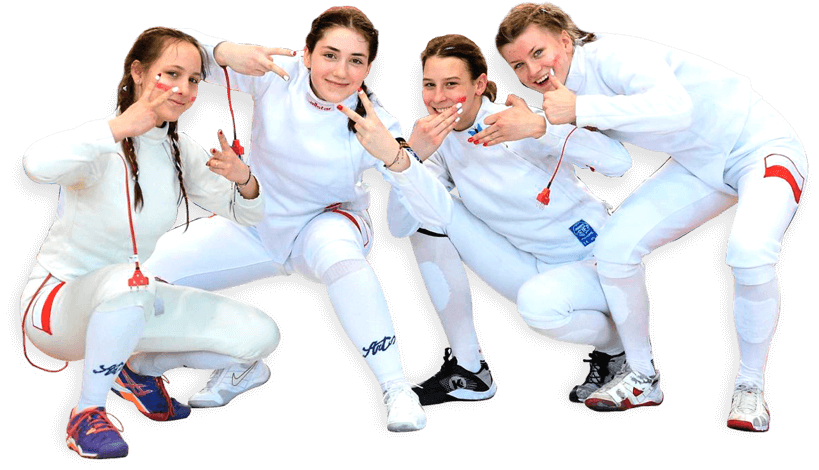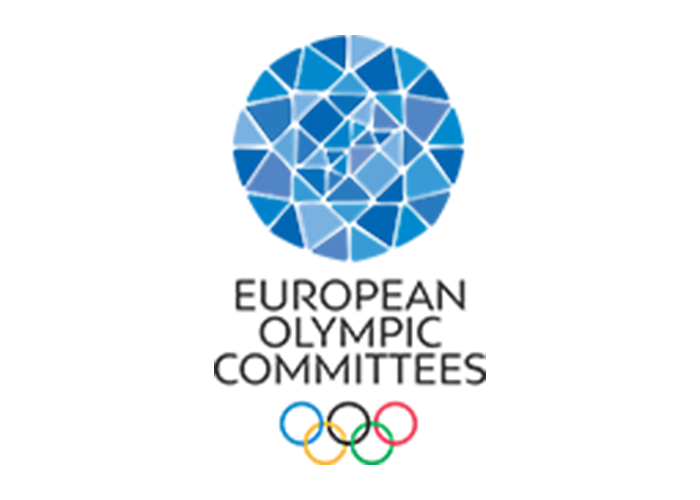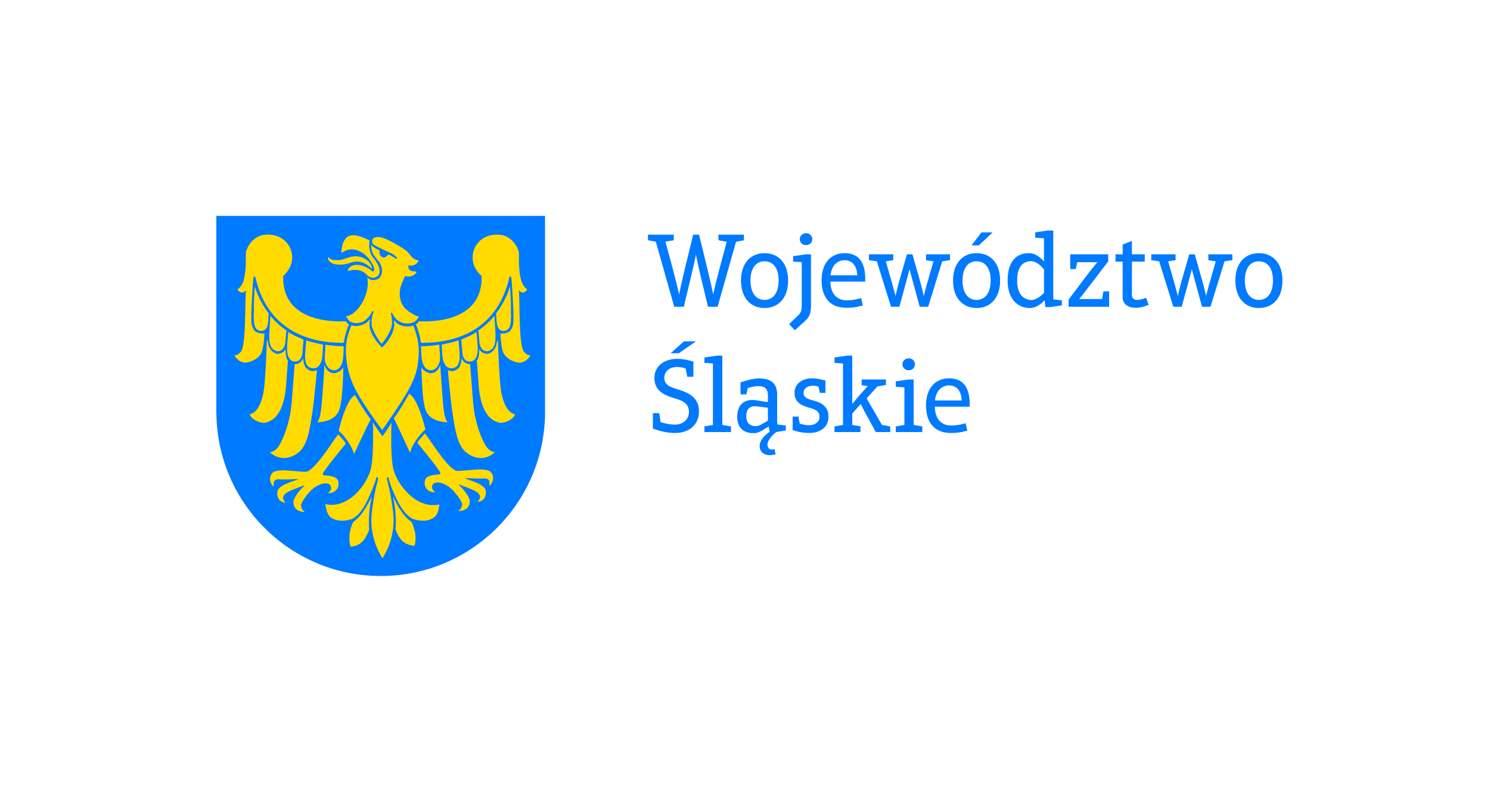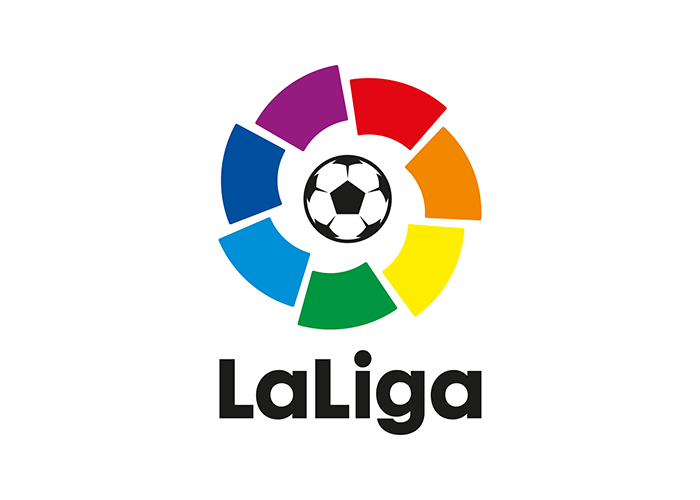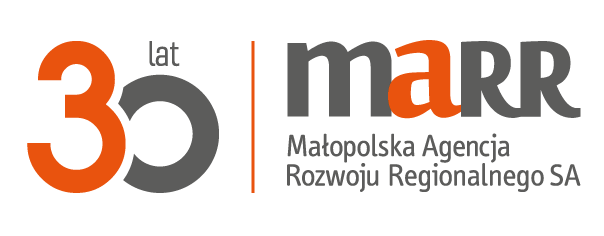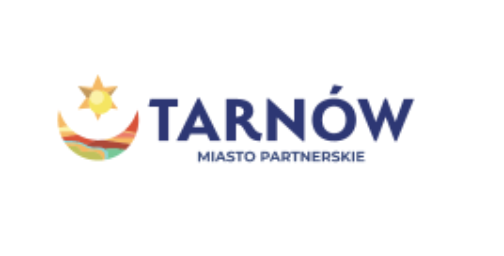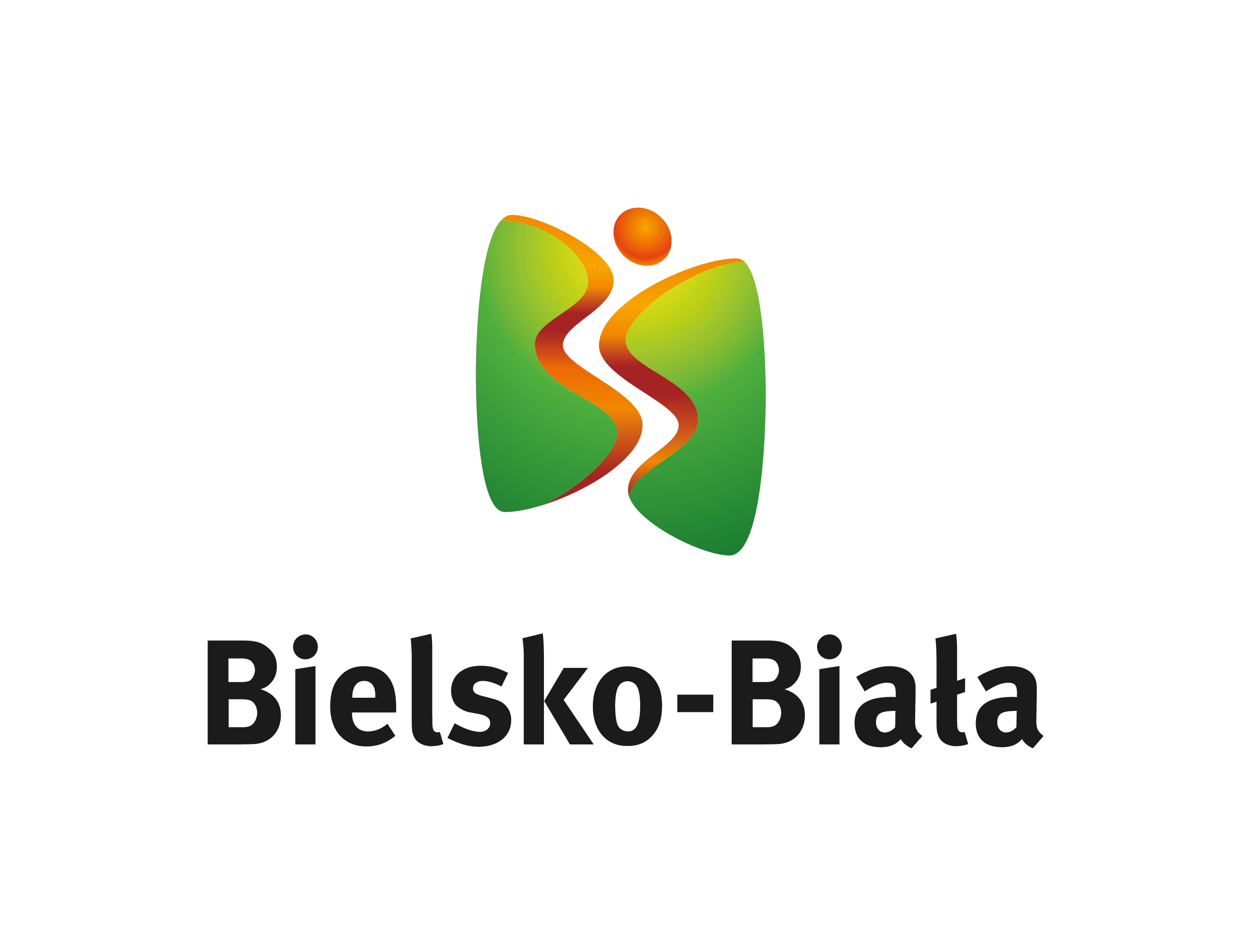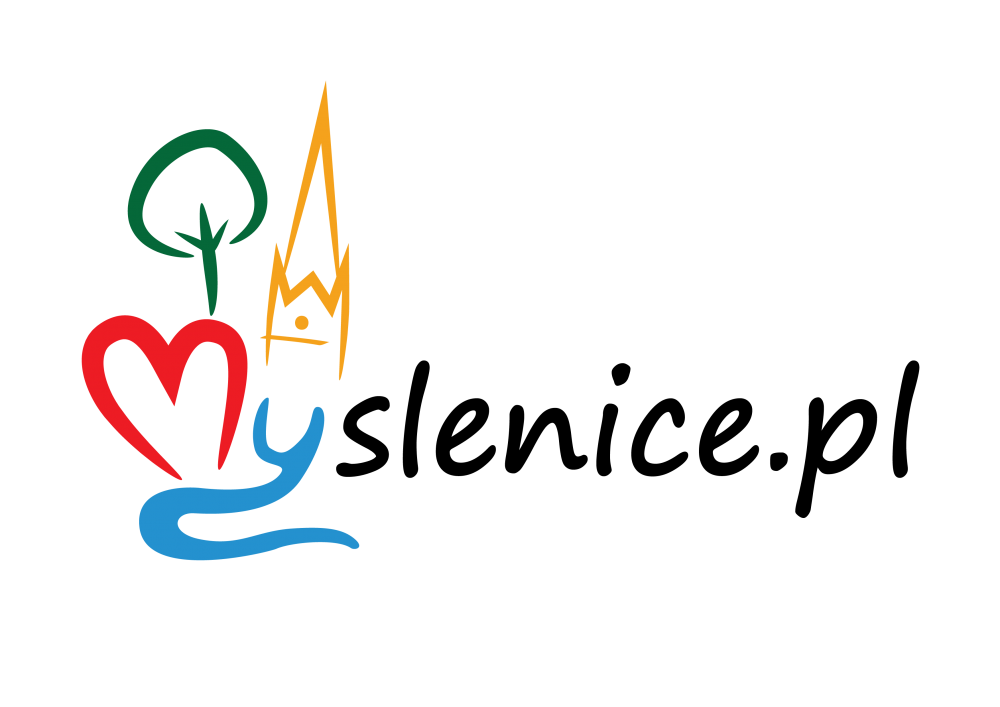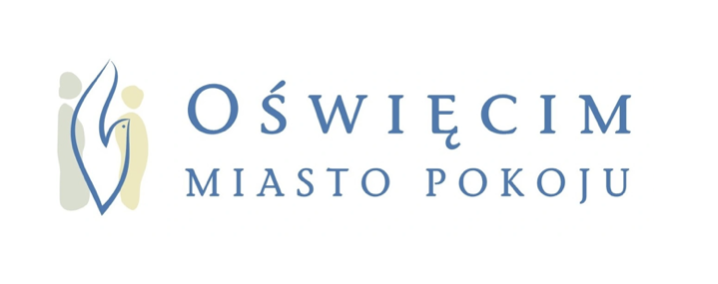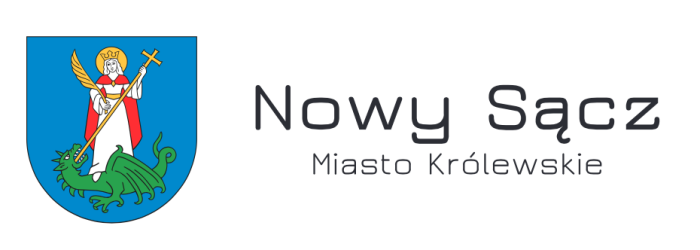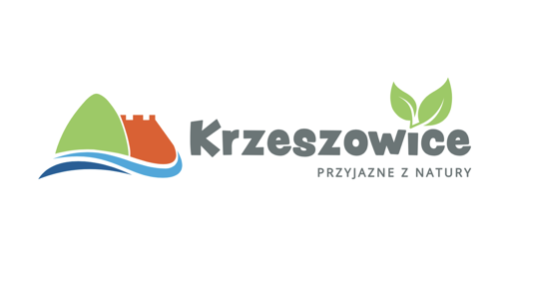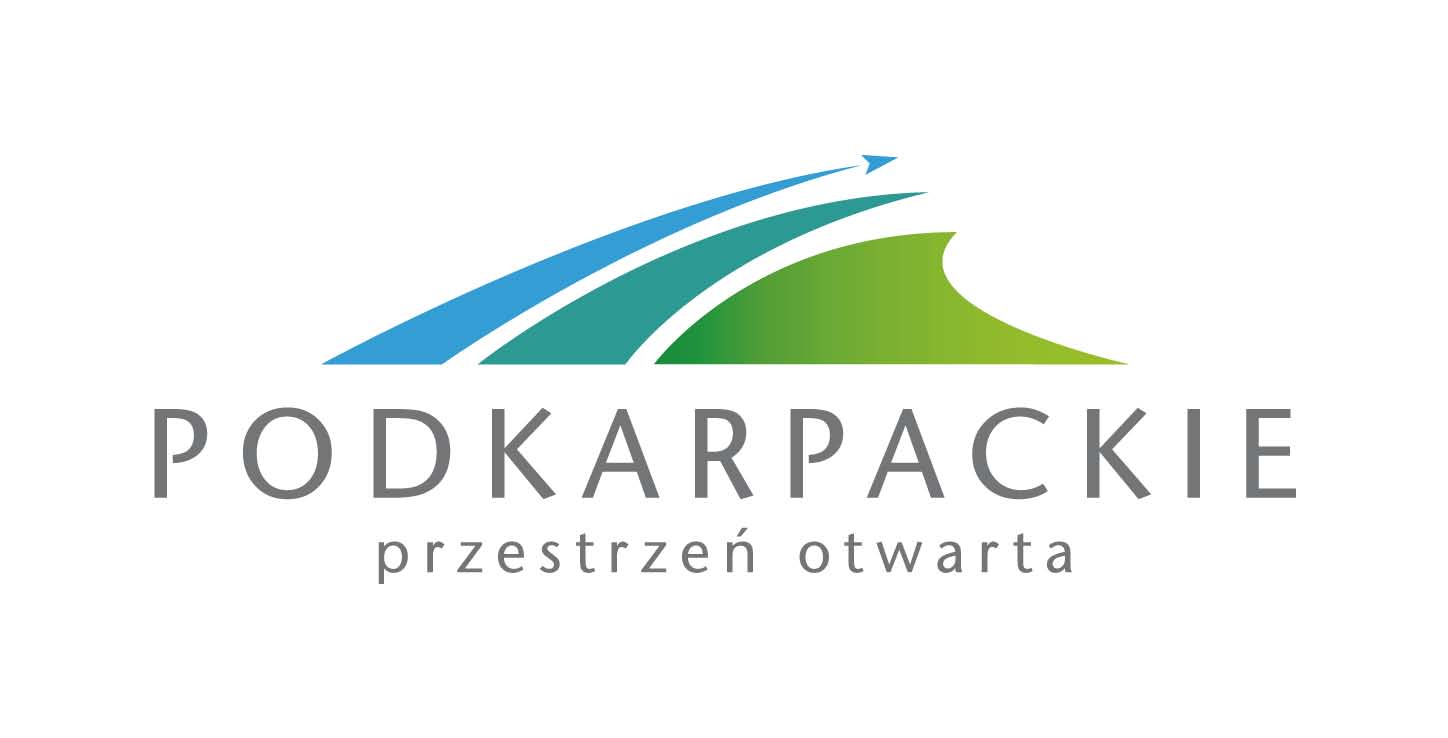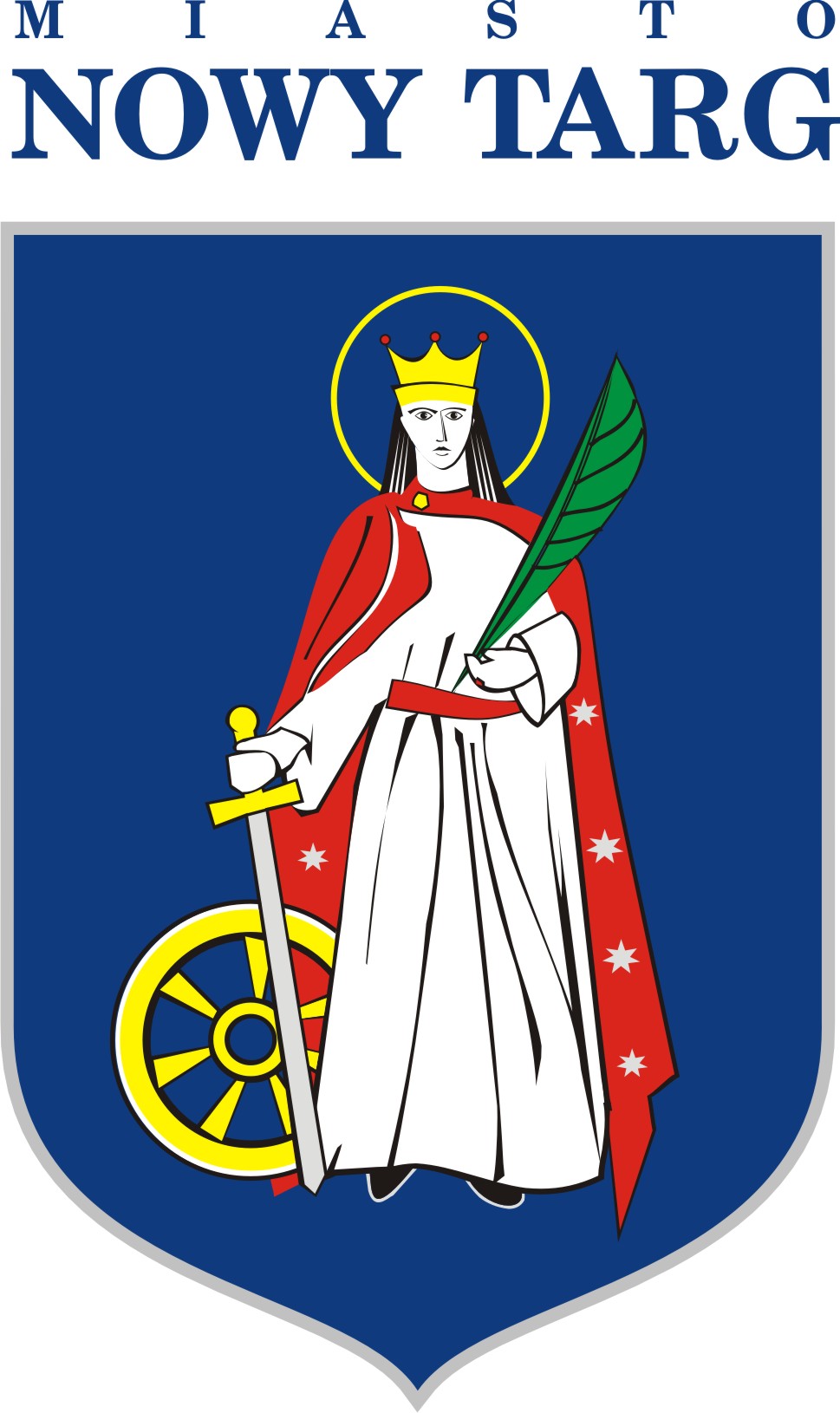Mountain Running/Demonstration sportEVENTS
- Men's Mountain Run
- Women's Mountain Run
Mountain running - a race with a view of Krynica-Zdrój
From the passion of mountaineers to the European Games – the history of the discipline
What is mountain running these days? The most popular competitions are held in two categories: in the Alpine system – where the route goes uphill for the most part (usually to the top of the mountain), and in the Anglo-Saxon system – on a route that goes once up and once down, so the competition is held on terrain with significant differences in altitude.
Although the origins of professional mountain races date back as far as the 19th century (the first race, the Grasmere Guides, took place in 1868 in England’s Lake District), in Poland one of the first official competitions was not organized until 1985 in the Babia Góra region. Mountaineers, Himalayan climbers and mountaineers took part, and only in subsequent editions did typical runners take part. Since then, the discipline has been steadily growing, with more athletes each year competing in classic Alpine or Anglo-Saxon styles, halves, marathons and ultra runs.
The second half of the 20th century was a crucial for the discipline worldwide, with competitions regularly held in the United States, Japan, Switzerland, Austria or Italy. In 1974, the Sierre-Zinal race was born, with a long route and registrations open to women and amateurs. The competition was quickly gaining publicity and made mountain running increasingly popular.
In 1975, Spiridon magazine established the International Mountain Cup (CIME). In 1984, the World Mountain Running Association (WMRA) was established to organize world championships in the sport.
In 2018, the World Mountain Running Association, the Ultra Running Association and the Trail Running Association joined forces with the World Athletics Association and announced the first edition of the World Mountain and Trail Running Championships, which will eventually be held in November 2022 in Chiang Mai, Thailand.
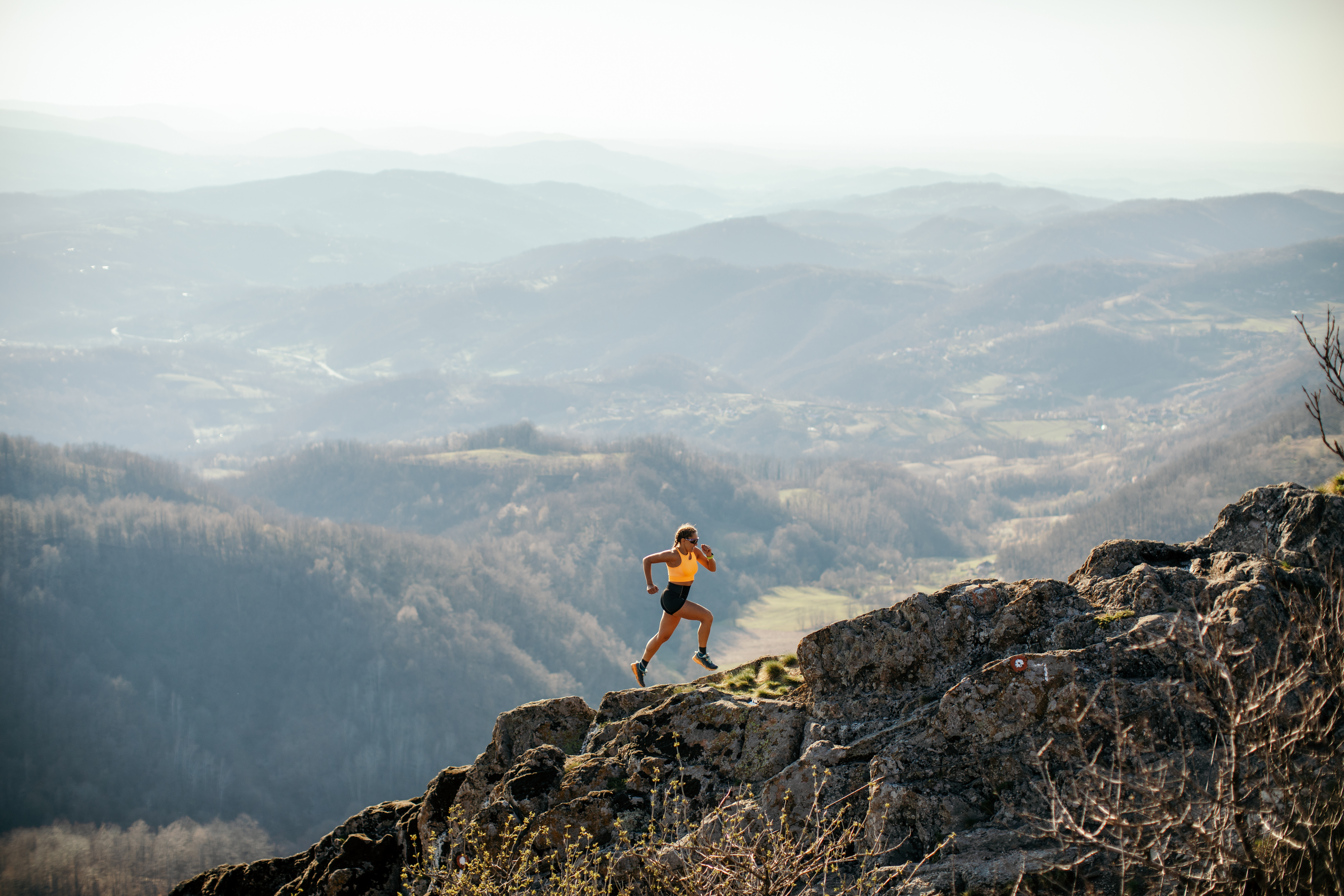
A challenging sport for the toughest
In Alpine-style running, the sum of elevation gain must be greater than or equal to 5%, or about 500 meters in relation to total distance. For long runs, such as half-marathons and longer runs, the ratio must be a minimum of 3%. At the European Games, the competition will be held in the former variant: about 600 meters of elevation gain await the runners on the approximately 12-kilometer route.
Is it a sport for everyone? Certainly not. The heavy loads on the body, preparation requirements, high chance of all sorts of injuries, the difficult sections of the route, and the unexpected weather conditions can be a challenge for the most persistent runners. Nevertheless, there is no shortage of eager runners. About 300 athletes at the European Games will try to make it to the finish line as quickly as possible.
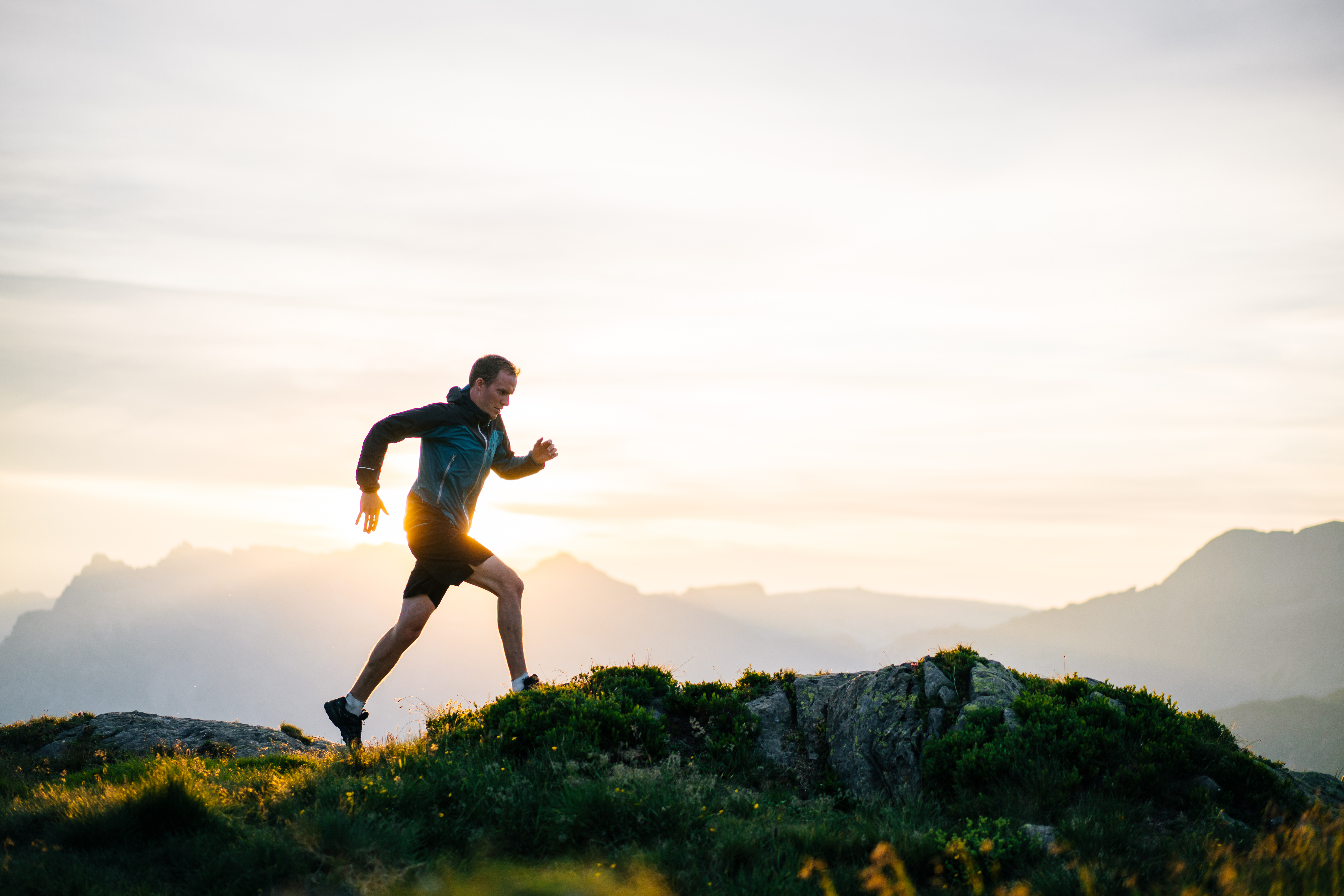
A race with a view of the Beskids at the European Games
On June 30, 2023, mountain runners will compete for a medal during two races – women’s and men’s – held on Parkowa Mountain in Krynica-Zdrój. In each of the races, competitors will start en masse, and those who cross the finish line first will stand on the podium.
The runners will race in exceptionally picturesque circumstances: on a sunny day, the top of the mountain offers a beautiful panorama of Beskid Sądecki, Beskid Niski and, when the visibility is really good, the Tatra Mountains. Parkowa Mountain, located in the very center of Krynica, measures 741 meters above sea level, and can be reached by the first cable car of its kind in Poland, built in 1937. The area is also famous for its 60-hectare park with numerous walking paths, three ponds, a hiking trail and a toboggan run. It is therefore a perfect place for of outdoor activities’ lovers. The place will certainly be flood by them after the upcoming European Games.
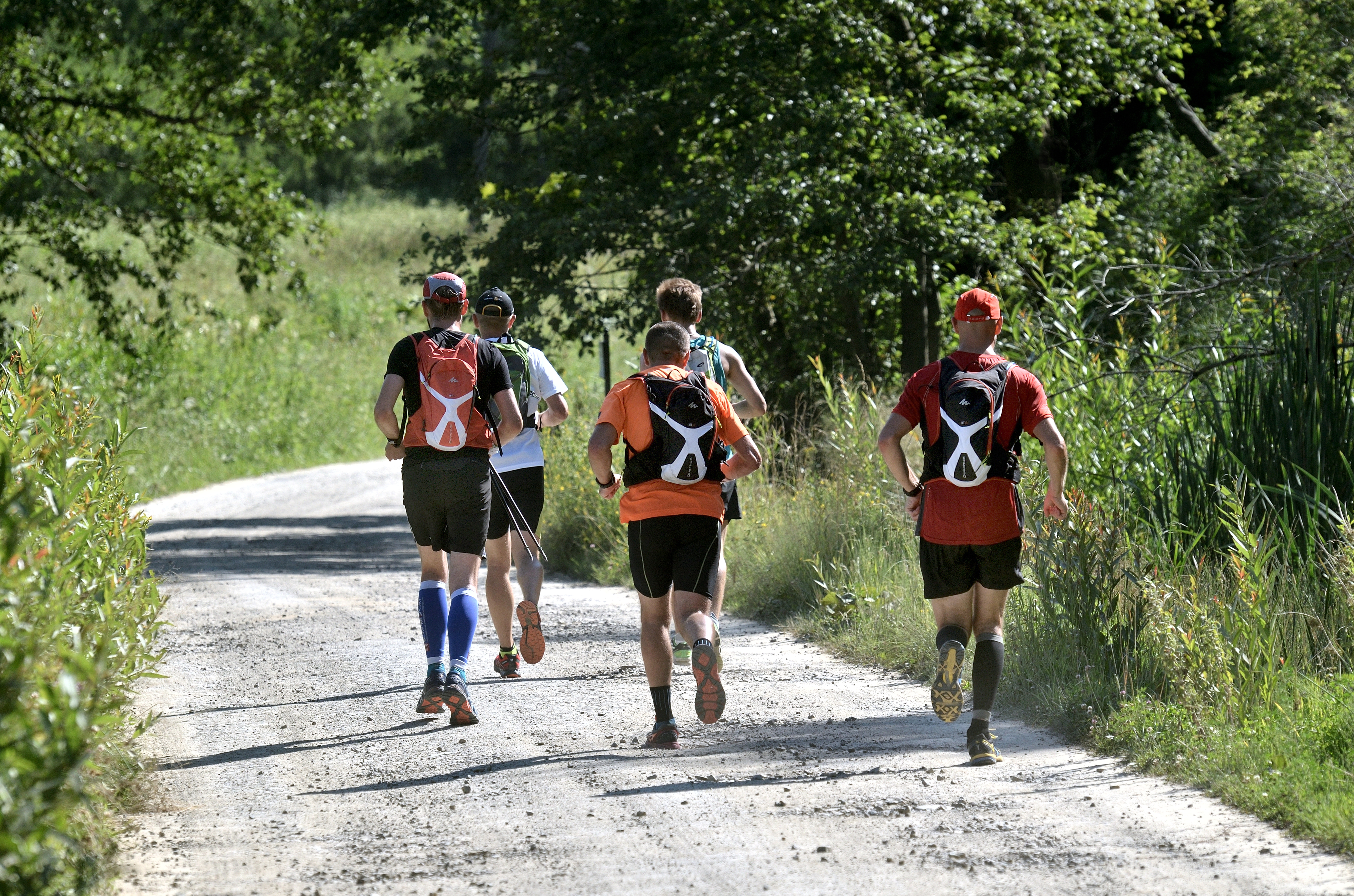
Mountain Running VENUE
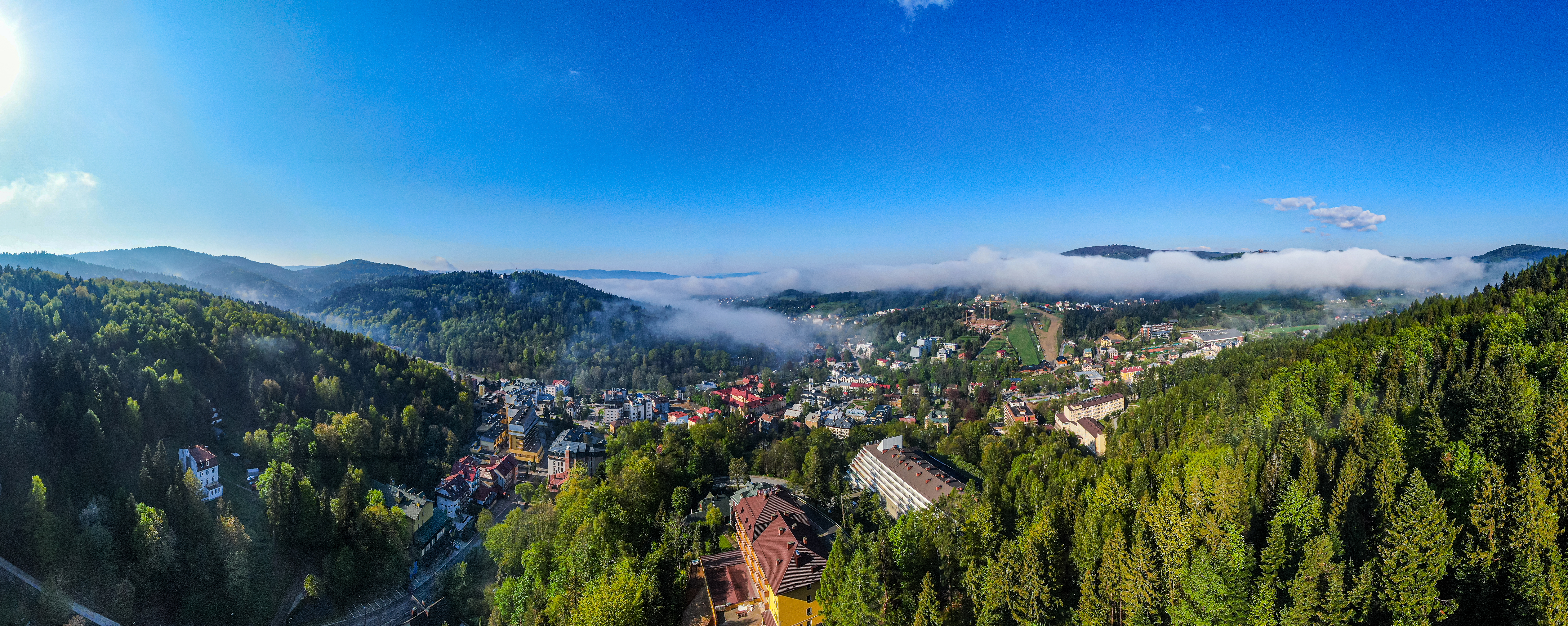
Krynica-Zdrój Hill Park
Krynica-Zdroj
- Aleja Nowotarskiego 1A, 33-380 Krynica-Zdrój, Poland
- Capacity 9000
